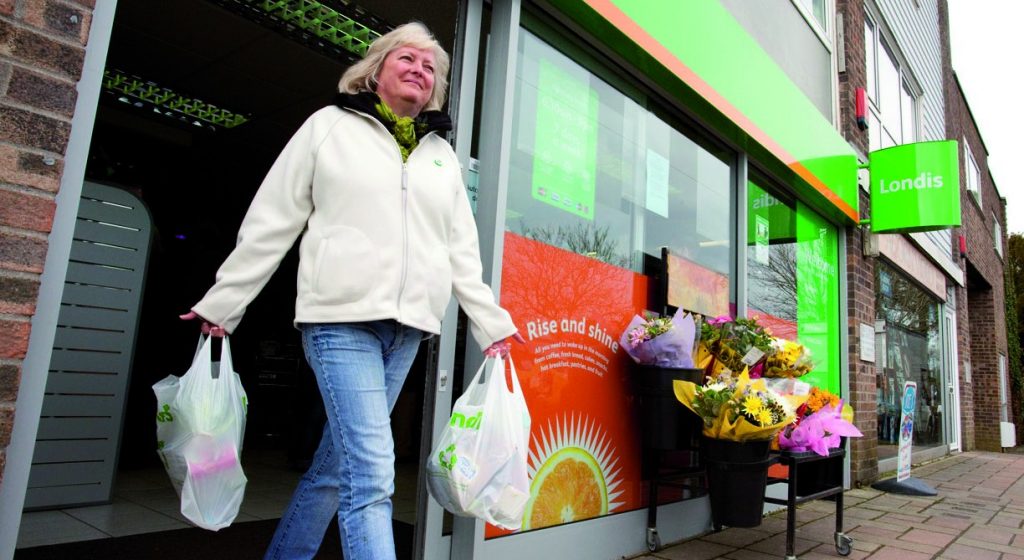The report, from data and digital company TWC, found more than 40% said that where they shopped was influenced by concerns about the environment and sustainability.
More than a third thought local shops were a greener option than big supermarkets that were further away.
Sarah Coleman, communications director at TWC, said: “This is a really important issue for consumers and one that is going to rise in importance or possibly become an expectation.
“Almost two-thirds of consumers agreed that food retailers who don’t take sustainability or environmental issues seriously are likely to lose out in the future – this is a big watch-out for all businesses.”
The survey revealed that consumers are still unsure of the environmental impact of shopping at convenience stores, with a noticeable split between those who think it is better for the environment (35%), those who disagree (33%) and those who are unsure (32%).
Environmental factors in favour of local shops include the fact they are commonly visited on foot, that they support the local economy, and that smaller baskets can mean less waste.
On the other hand, the logistics of delivering goods to many small stores as opposed to one larger one is seen as a potential downside.
Coleman said: “There is an opportunity here to talk up the environmental benefits of shopping at convenience stores – for example, walking to store (both customers and staff) and collaborations with local businesses that drive the local economy.
“We believe this would really resonate with consumers.”
But she added: “We also have to recognise the challenges of implementing sustainability initiatives – whether that is, for example, the investment required to fit energy-efficient chillers or lighting or offering a range of locally sourced produce.
“By their very nature, local lines from small suppliers are not going to deliver volume and so these demands can be at odds for the retailer and wholesaler.
“Range recommendations must therefore balance core lines, plus more, to meet this increasing need.”
The TWC Trends Autumn Edition 2021 can be found here.
 Talking Retail Grocery and product news for independent retailers
Talking Retail Grocery and product news for independent retailers






